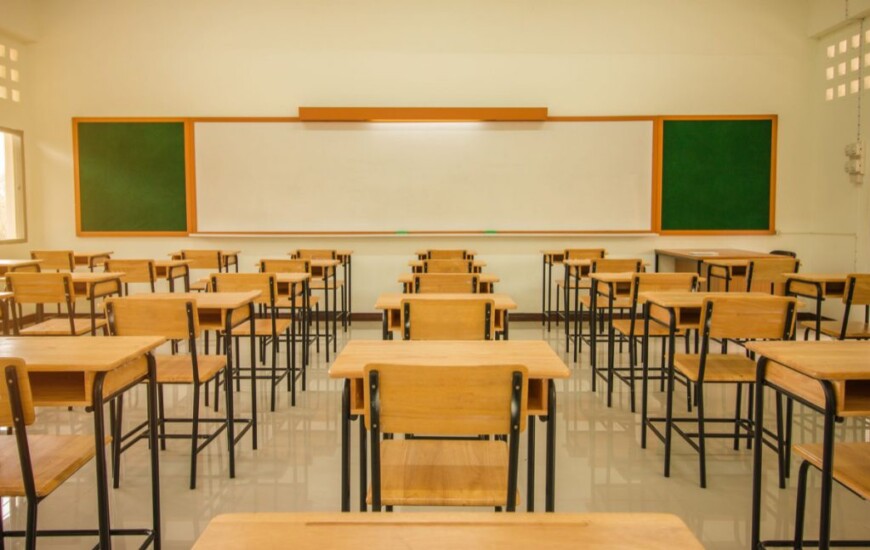Families struggling with back-to-school costs says Cummins
Mike Finnerty 23 Jul 2025
With the return to school just around to corner, the never-ending cost of living crisis is adding to parents’ woes.
According to Social Democrats TD Jen Cummins, parents are being pushed to the limit just to get their children through the school gates.
Irish League of Credit Unions’ annual back-to-school survey found that parents now spend an average of €1,450 to send a child to primary school and €1,560 for a student in secondary school.
The figures mark year-on-year increases of €364 and €159 respectively.
Per Cummins, these figures are “unsustainable.”
The Soc Dems education spokesperson said “we are not just talking about pens and copies anymore – this is about expensive branded uniforms, tablets, extra curriculars and so-called ‘voluntary contributions’ that are anything but optional.”
“It is absolutely disgraceful that families are taking out loans just to afford basic education costs,” the Dublin South Central TD said.
Prior to last November’s general election, and in January’s program for government, the government parties claimed they were working to reduce childcare and education costs for parents.
The planned reduction in costs now appear to be more of a vague suggestion than a concrete plan.
As Cummins noted, the Department of Education has a roadmap for reduce costs, but the government is taking its own advice.
She pointed to a 2017 circular by the Department of Education, which provided clear guidelines for schools to reduce costs for parents.
The 2017 suggestions included replacing expensive crested uniforms with generic alternatives that could be bought from multiple retailers; using iron-on or sew-on crests; reducing the use of short-lived workbooks; and expanding book rental schemes.
“That circular was supposed to be a roadmap for reducing back-to-school costs. However, eight years later we are still waiting for it to be implemented in a meaningful way,” Cummins noted.
“The situation with technology is particularly concerning. Many schools now require parents to purchase specific tablets or iPads, often costing hundreds of euro. These devices, while useful, place a huge strain on household budgets and are often tied to specific suppliers or platforms chosen by the schools without proper consideration of affordability.
“On top of this, parents must also pay for sports gear, school tracksuits, after-school care, and other hidden costs that can easily add hundreds more to the total bill.
While the government has introduced Back-To-School clothing and Footwear allowance, Cummins says more needs to be done on that front
“There are also limitations to the Back-to-School Clothing and Footwear Allowance, which currently stands at €160 for primary and €285 for secondary school students. These payments are nowhere near enough to cover what parents are actually spending. It’s little wonder that families are finding themselves in debt to the tune of around €376 as the new school term approaches.
So-called “voluntary” contributions, which were introduced as a temporary austerity measure in the early 2010s and stuck around, much like the Universal Social Charge, have become another drain on parents’ finances.
Cummins called for an elimination of the system, which she said are “putting further pressure on struggling families.”
The fight to abolish voluntary contribution fees stretches back to 2011.
Then-councilllor Vincent Boyhan, now a Senator, told Southside People in September 2011 that he received a “large volume of representations from parents of children from both primary and secondary schools who also felt under similar pressure to come up with these so-called ‘voluntary’ financial contributions.”
Boyhan commented that the tone of letters from schools, asking parents to pony up the fee, had the tone of a debt collector.
“I am appalled by any compulsory overtones. No school has the right to demand that a
parent or guardian write in and explain their family’s financial circumstances,” he wrote at the time.
14 years and three general elections later, Ireland’s “free” education system is anything but.
“Education is supposed to be free in this country. But that ideal is meaningless when families are dipping into savings, borrowing money, or sacrificing household essentials just to keep up with school demands,” Cummins said.











